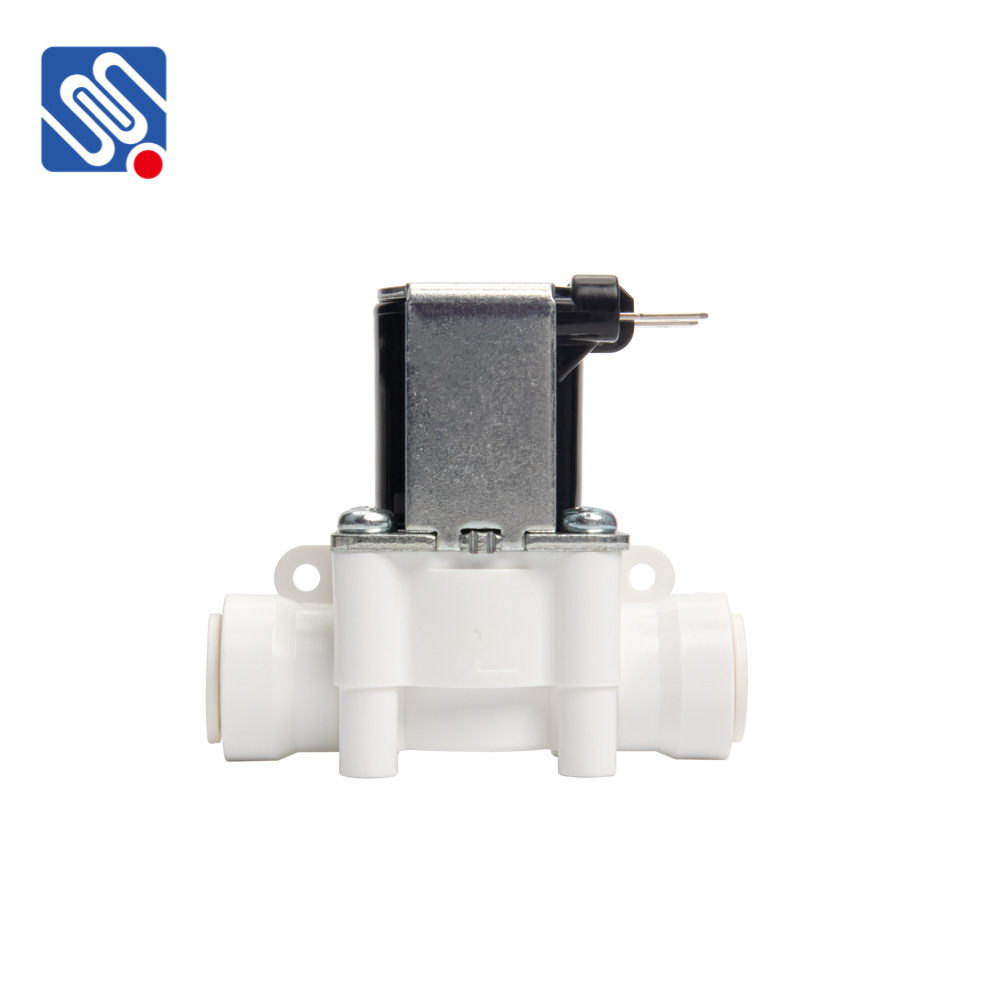filtration system solenoid valve: essential component for efficient fluid management
Release time:2025-09-23 01:27:55
Filtration systems are crucial in many industries, from water treatment plants to chemical processing and even in food and beverage production. These systems help remove contaminants from fluids, ensuring they meet safety standards and operational requirements. One essential component of a filtration system is the solenoid valve, which plays a significant role in regulating the flow of fluids, ensuring efficiency, and maintaining the filtration process.

What is a Filtration System Solenoid Valve? A solenoid valve is an electromechanical device used to control the flow of fluids in a system. It consists of a coil, a plunger, and a spring. When an electric current is passed through the coil, it generates a magnetic field that moves the plunger, opening or closing the valve. This mechanism allows the valve to control the flow of liquids or gases with precision, making it an ideal solution for filtration systems. In a filtration system, the solenoid valve can regulate the flow of fluids either through or around the filter. By doing so, it ensures that only clean and filtered fluids are allowed to pass through to the next stages of the system, or, in some cases, it may divert the flow for maintenance or cleaning purposes.

